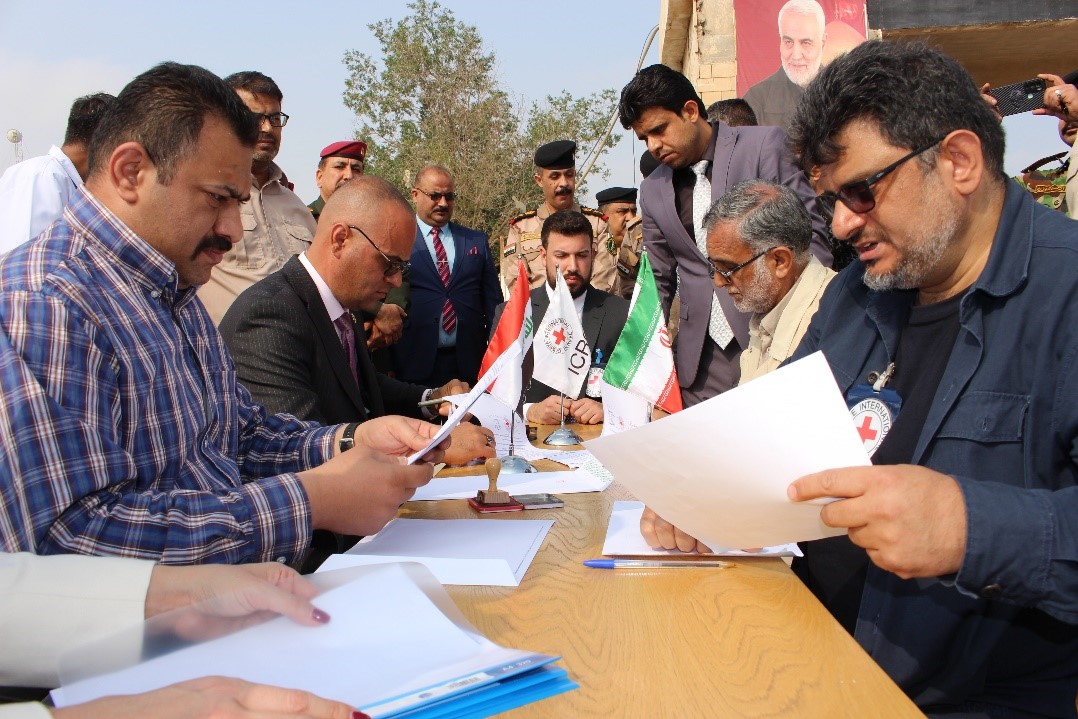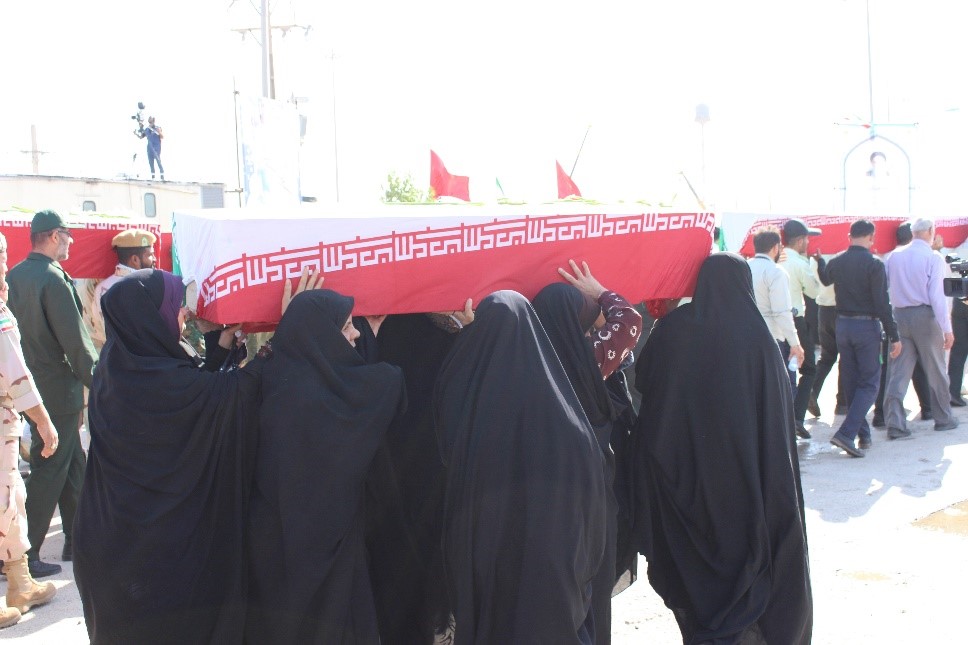ICRC protection department in Iran is seeking to alleviate the suffering of the families of missing persons from the Iran-Iraq war by supporting the efforts of the Search and Recovery Committee and Noor Foundation in the search and identification operations to resolve cases of missing soldiers, clarifying their whereabout and if dead recovering their human remains, in order to bring them home, so their families can finally have some solace.
The effects of war are often devastating, and its consequences are usually felt for decades after the fighting has subsided. The fate of thousands of people who disappeared in connection with the 1980-1988 Iran-Iraq War has still not been determined, preventing their families from closing a painful chapter in their lives, still waiting to find out what happened to their loved ones.
In the time of the Iran-Iraq war of 1980-1988, the ICRC protection department visited prisoners held in camps on both sides to monitor their conditions of detention as well as help them restore and maintain Family Links via Red Cross Messages. It also played the role of facilitator between the Iraqi and Iranian governments to help uncover the fate of those who have gone missing during the war.
Since the end of Iran-Iraq war, ICRC has been:
- Chairing the Tripartite Mechanism (the Islamic Republic of Iran, Republic of Iraq, ICRC) to encourage talks and support the work carried out by the two countries to resolve cases of missing soldiers.
- Facilitating coordination between the two countries: organizing technical meetings related to the joint search and identification of missing soldiers.
- Providing technical expertise in areas relating to the identification and use of DNA identification methods as well as occasional material support such as equipment required for humanitarian excavations operations.
- Overseeing the handover ceremonies of human remains at various border areas between Iran and Iraq.
- Promoting the rights of missing persons and their families: the right to know, the right to dignified management of the dead, and the right to access/return of human remains.

Tripartite Committee meeting for repatriating of human body remain, Shalamcheh, 2023

Hand-over of Human Remain ceremonies, 44 remains were handed over , Shalamcheh, 2019

Tripartite Committee and Annual meetings (TC/AM), Geneva, 2017

Hand-over of Human Remain ceremonies, Shalamcheh, 2015

